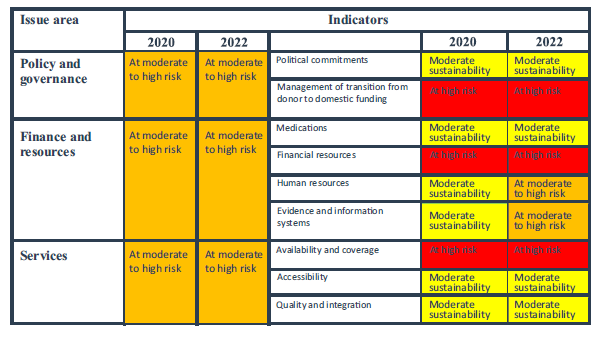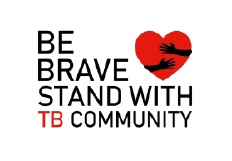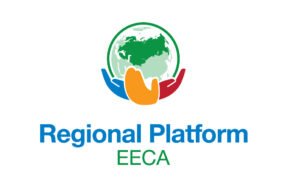REPUBLIC OF TAJIKISTAN: Reassessing the sustainability of the opioid agonist therapy programme within the context of transition from donor support to domestic funding
- 10.05.2023 11:11
- Post Views: 502
The opioid agonist therapy (OAT) programme was launched in Tajikistan in 2010. Currently, there are a total of 17 OAT sites in the country, two of which are in the penitentiary system. At the time of this assessment, 15 OAT sites were housed in health facilities providing services to 622 clients. All of them receive oral methadone in the form of syrup 5mg/1.0ml. All OAT sites in Tajikistan are largely funded by international donor agencies, primarily UNDP, the Principal Recipient of Global Fund grants.
The aim of this study is to evaluate the sustainability of the OAT programme within the context of its transition from Global Fund support to national funding and to identify strengths, barriers, challenges and risks, as well as opportunities to enhance the programme’s sustainability. The first sustainability analysis was conducted in 2020 and was based on the framework and methodology designed by the Eurasian Harm Reduction Association (EHRA).
The current analysis is a follow-up study aimed at examining the main changes that have occurred in the programme over the last two years. The current assessment is mainly focused on the success achieved and the problems encountered during efforts to ensure sustainability; on the relevant conditions and mechanisms for transition; on gaps in the finances and human resources and other programmatic data relevant to the transition process; and on an analysis of the confirmed transition plans.
The following provides a summary of progress towards ensuring the sustainability of the OAT programme in Tajikistan by the three thematic areas reviewed in the course of this assessment:

Based on this assessment, the recommendations have been developed to enhance the sustainability of the OAT programme in Tajikistan.
You may access the report on the assessment of OAT sustainability in Republic of Tajikistan in English and Russian by following the links:
Services for migrants and refugees from Ukraine – HIV/TB care with a focus on key populations
Due to the increasing flows of refugees from Ukraine because of Russia’s invasion of Ukraine, the EECA Regional Platform created a spreadsheet to fill contacts details of face-to-face and online services for refugees and migrants (with a focus on HIV/TB care and key population groups).
Regional Platform – EECA
This web-resource is a part of new regional communication and coordination project “Regional Civil Society and Community Support, Coordination and Communication Platform - EECA”, implemented by Eurasian Harm Reduction Association (EHRA).
Tags
See also
-
EECA’s Regional Platform monthly Newsletter #20, January 2026 27.01.2026 12:58
-
Global Fund Eligibility List 2026 27.01.2026 11:19







